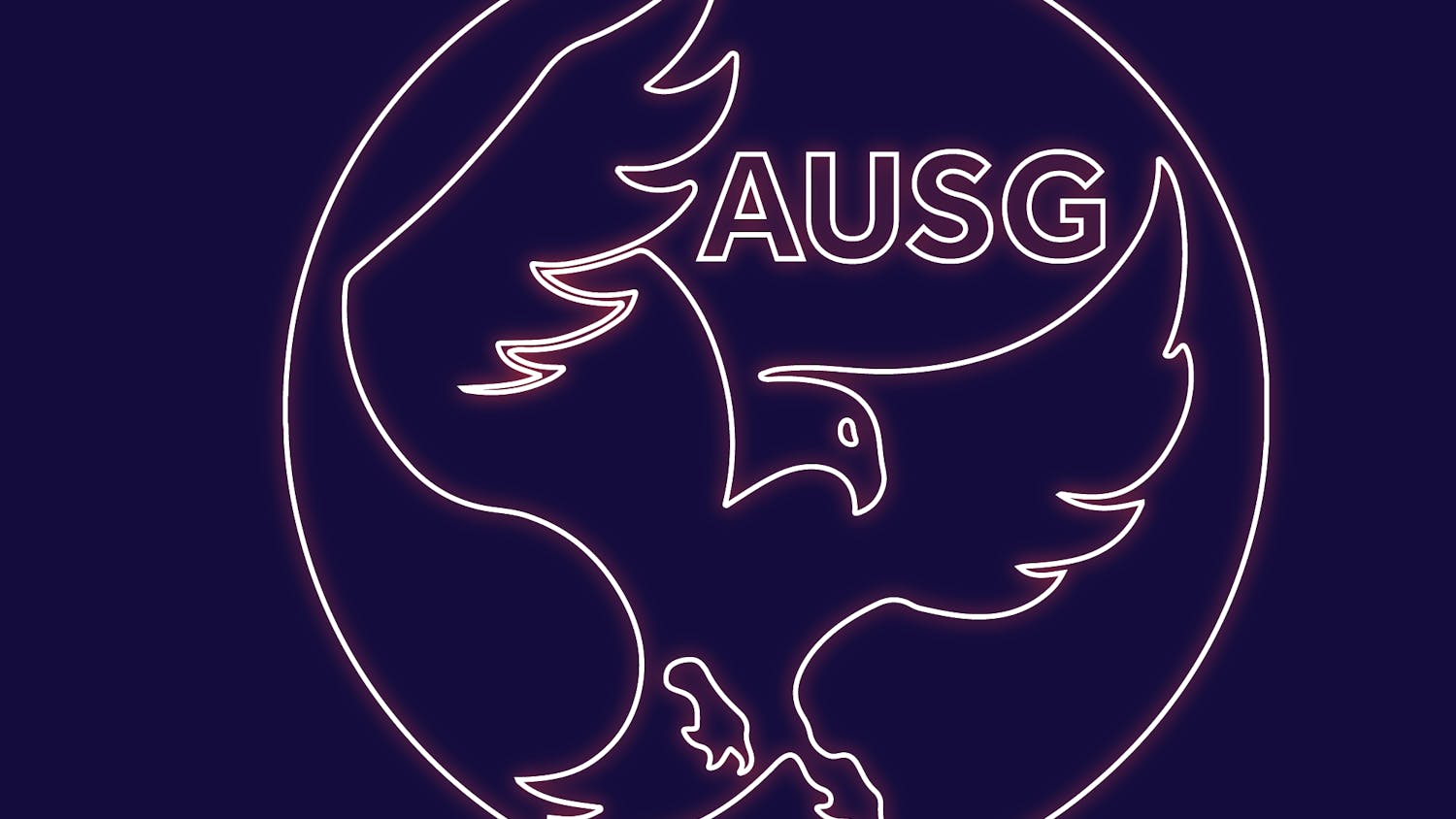Legislators channeled $2.25 billion into 920 colleges and universities during the 2008 fiscal year, including a $3.2 million earmark from Rep. James McGovern, D-Mass., The Chronicle of Higher Education reported Friday.
McGovern allocated the money through the Department of Defense to fund the Army Corps of Engineers' Formerly Used Defense Sites program in Spring Valley, according to Michael Mershon, McGovern's press secretary.
The FUDS program includes the dig for World War I-era military munitions on and adjacent to AU property.
The trend reflects an enormous swell in the number of congressional pork barrel spending grants, or earmarks, awarded by members of Congress. Just 10 years ago, this funding totaled $528 million.
Legislators traditionally include earmarks in spending bills. Most earmarks typically involve funding for research projects, which do not undergo a scientist-led peer review of a project's merits, The Chronicle reported.
McGovern is a 1981 graduate from the School of Public Affairs and has been active in the FUDS project for a long time, according to Mershon.
"[McGovern] believes that the environmental dangers and the lack of economic development that originate when communities deal with this sort of thing really need to be addressed," he said. "The federal government needs to be a better partner in cleaning it up."
McGovern sponsored the funding in order to expedite completion of the overall FUDS project, according to Bernard Schulz, special assistant to Vice President of Campus Life Gail Hanson.
Critics maintain that earmarking is a danger to the quality of American science because it reduces competition among institutions that must compete for grants.
Andrew Fogle, a sophomore in the College of Arts and Sciences, said the process of earmarking has become over-politicized and detrimental to national interests.
"This sort of money should be going to the best schools and institutions based on merit and not political favor," Fogle said.
Since 2003, peer-reviewed federal research grants have become much more difficult to obtain, causing an increased demand for earmarks. The National Institutes of Health and the National Science Foundation plan to approve only 20 percent of all grant applications this year, down from 33 percent in 2001, according to a Chronicle analysis.
University representatives have called upon their congressmen for help over the last few months, arguing that federal agencies' dwindling budgets are to blame for the decreasing number of scientists pursuing research grants.
AU President Neil Kerwin approached McGovern last year to request money for the FUDS program, Mershon said. Kerwin and Chief of Staff David Taylor were unavailable for comment before press time.
The Defense Department oversees the three branches of the U.S. military, including the Department of the Army, to which the Army Corps of Engineers belongs. It is also one of the biggest sponsors of scientific research. In 2008, it received 41 percent of all congressional earmarks, The Chronicle reported.
Thomas Hamed, a freshman in the School of Public Affairs, said earmarking is justified because it is beneficial to science.
"Congressmen love to support institutions of higher learning in their district," Hamed said. "For that aspect alone, Congressmen love to give money to help efforts that end up helping science"




